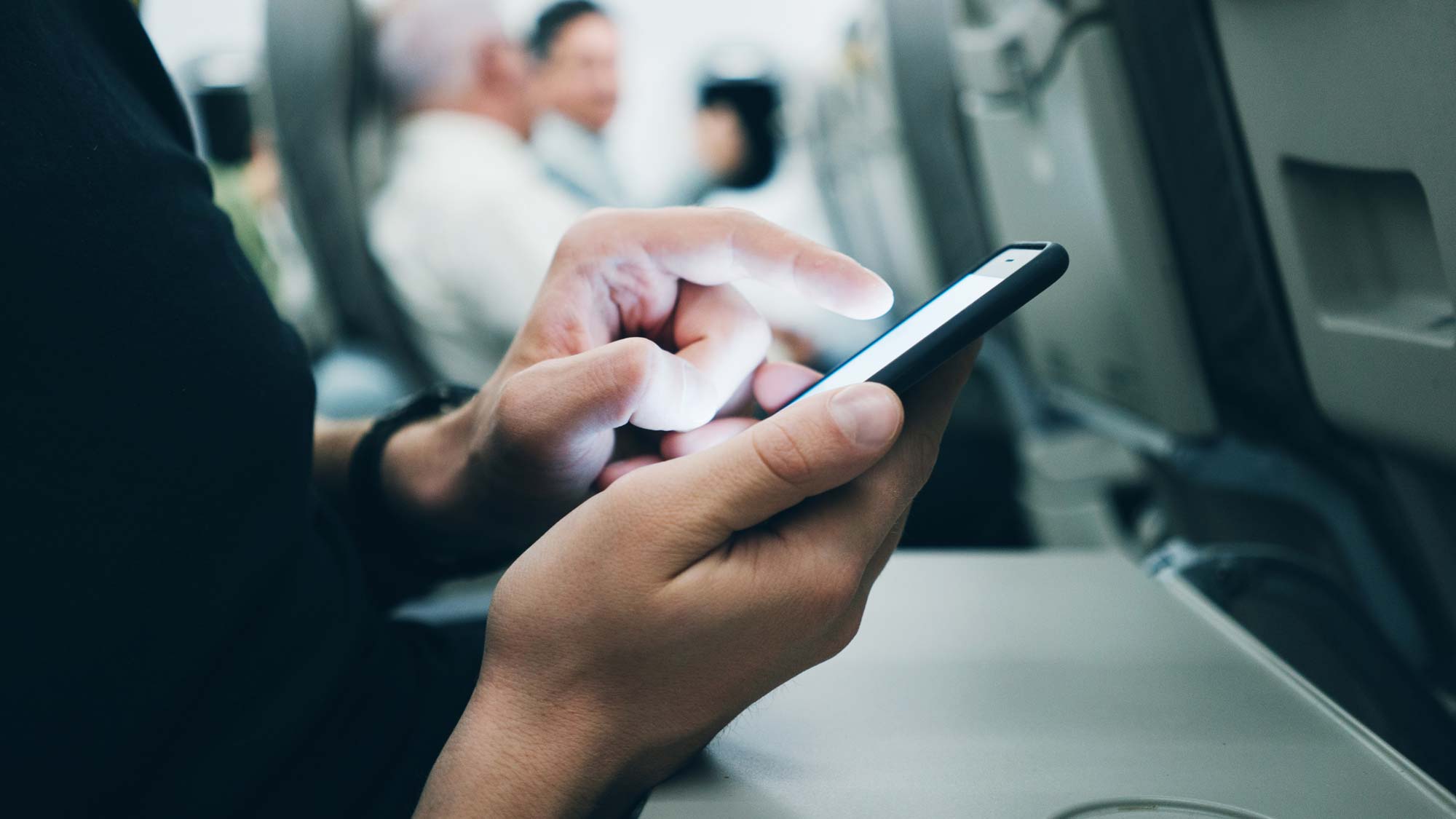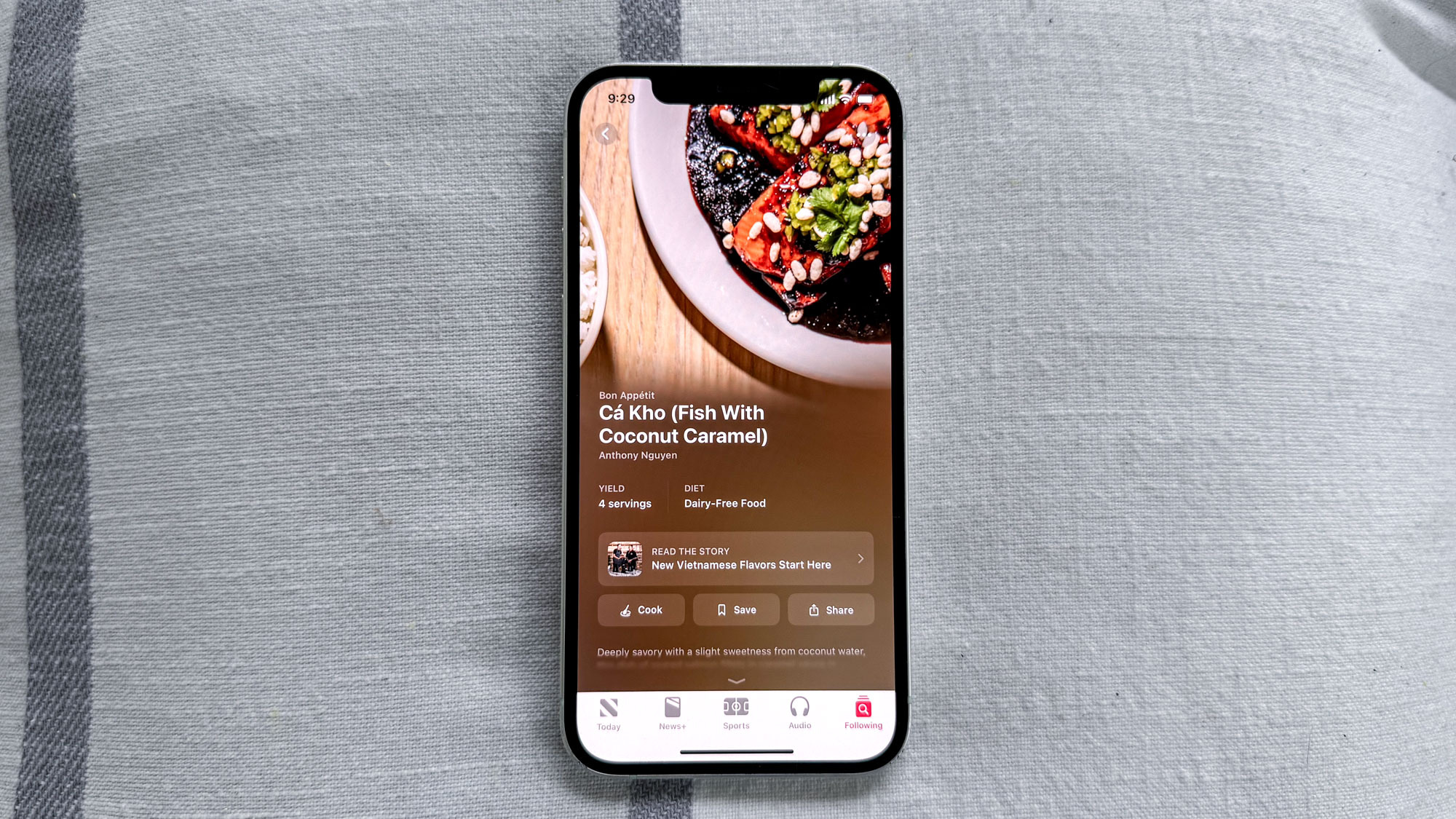Coronavirus travel ban: Everything you need to know
Coronavirus travel ban questions and answers

The coronavirus pandemic is about to kick into high gear. The US government has suspended travel from the Old Continent — except the UK and some other European countries — raising more questions than answers. Here we will give you some of the latter.
- How to make hand sanitizer at home
- Where to buy hand sanitizer: these retailers have stock
- Plus: You can no longer try on AirPods or Apple Watches due to coronavirus
Is this a travel ban?
According to factcheck.org, this is not a travel ban. These are travel restrictions that do not apply to US nationals, their immediate family, permanent residents and other specific people, as we will explain later.
Who is banned from travel?
The government has banned travel by non-authorized people departing from 26 European countries or who have been in those countries in the past 14 days.
These EU countries are those in the Schengen zone, a group of European nations that share free movement of people between each other.
Here’s the list in alphabetical order:
- Austria
- Belgium
- Czech Republic
- Denmark
- Estonia
- Finland
- France
- Germany,
- Greece
- Hungary
- Iceland
- Italy
- Latvia
- Liechtenstein
- Lithuania
- Luxembourg
- Malta
- The Netherlands
- Norway
- Poland
- Portugal
- Slovakia
- Slovenia
- Spain
- Sweden
- Switzerland
In addition to these countries, non-authorized people who have been in China, Iran and South Korea for the last 14 days before their scheduled arrival are also banned from entering the United States.
Who can travel to the US?
Even if you are departing from one of those countries, there are exceptions if you are a US citizen, a foreign national who is a legal permanent resident, or an immediate family member of a US citizen. According to the Department of Homeland Security, that includes:
Sign up to get the BEST of Tom's Guide direct to your inbox.
Get instant access to breaking news, the hottest reviews, great deals and helpful tips.
- people married to US citizens or legal permanent residents
- parents and guardians of US citizens or legal permanent residents aged under 21
- brothers and sisters of US citizens or legal permanent residents, providing both are unmarried and under 21
- children or foster children of US citizens or legal permanent resident
The travel restrictions don’t apply to other groups as well:
- Ship and plane crews
- Foreign nationals who come to the US invited to help with the virus
- Foreign government officials and their immediate family
- Foreigners who work for the US military and NATO
- Foreigners who work for the United Nations
- Anyone whose presence in the United States “is deemed in the national interest”.
You may be quarantined if the authorities consider it necessary. But as of yesterday, we can report that there were no temperature controls at JFK in NY, one of the busiest airports in the world and one of the main ports of entry into the United States.
How long will Coronavirus travel restrictions be in place?
The White House has announced that these restrictions will last for 30 days, starting at 11.59pm ET on Friday.
Is every country in Europe under travel restrictions?
No. People who are in non-Schengen countries can travel to the United States. That includes the following:
- Albania
- Andora
- Armenia
- Azerbaijan
- Belarus
- Bosnia & Herzegovina
- Croatia
- Cyprus
- Georgia
- Ireland
- Kosovo
- North Macedonia
- Moldova
- Monaco
- Montenegro
- Romania
- Russia
- San Marino
- Serbia
- Turkey
- Ukraine
- United Kingdom
- Vatican City
It is worth noting that, even while they are not in the Schengen Zone, you can easily travel into any of these countries while traveling Europe without getting checked on the border.
How are the travel restrictions going to affect us?
The United States felt the effect of the ban right after it was announced, with another major stock market debacle.
Experts say that the ban will greatly affect the economy both inside the United States and out, with air companies being the first to get hit. Every company with any international ties will feel it in a big way, and that will trickle down the entire economy with job and financial loses that will add to the ones that the US is already experiencing at the local level. As one example, the China travel restrictions affected Apple and its ability to deliver the iPhone 9 and iPhone 12 on time.
Is the travel “ban” effective?
It’s hard to imagine that this travel restriction is going to have any effect. For example, the United Kingdom has inexplicably been left out of the ban even while it’s one of the countries that is seeing its infections climb rapidly, with 373 locally-transmitted cases and 6 dead at the time of publication of this article.
But even discounting the United Kingdom, the fact is that we know that, even strict travel bans have no effect once the virus has established itself in region. According to a research paper published on March 6, “the travel quarantine of Wuhan delayed the overall epidemic progression by only 3 to 5 days in Mainland China, but has a more marked effect at the international scale, where case importations were reduced by nearly 80% until mid February.“ That seems like mixed news, but then the paper adds the following: “Modeling results also indicate that sustained 90% travel restrictions to and from Mainland China only modestly affect the epidemic trajectory unless combined with a 50% or higher reduction of transmission in the community.”
And that’s the key here: the virus has been circulating unchecked in the United States for weeks now. We are seeing a dramatic increase of cases on both the East and the West Coasts, which will inevitably spread fast to all continental states if further measures are not taken to limit travel between states and between specific regions. That’s the only way to slow down the contagion within the country, as the scientific consensus is that the spread is inevitable.
What should I do to combat coronavirus?
Even if most of the population will eventually get coronavirus, just like we all eventually get the flu, we can do our part to slow it down and reduce the stress in the health system, thus saving hospital bandwidth to save the lives of those in risk groups.
Again, these are some of the essential coronavirus tips to follow to stay safe:
- Wash your hands profusely and frequently with soap (or, if you don’t have access to soap, use hand sanitizer that you can even make at home).
- Maintain your distance with people (at least 2 feet), avoiding agglomerations.
- Try not to go out often unless absolutely necessary.
Remember to be considerate, use common sense, don't panic and consult your local authorities and the Coronavirus COVID-19 CDC information page.
Jesus Diaz founded the new Sploid for Gawker Media after seven years working at Gizmodo, where he helmed the lost-in-a-bar iPhone 4 story and wrote old angry man rants, among other things. He's a creative director, screenwriter, and producer at The Magic Sauce, and currently writes for Fast Company and Tom's Guide.

